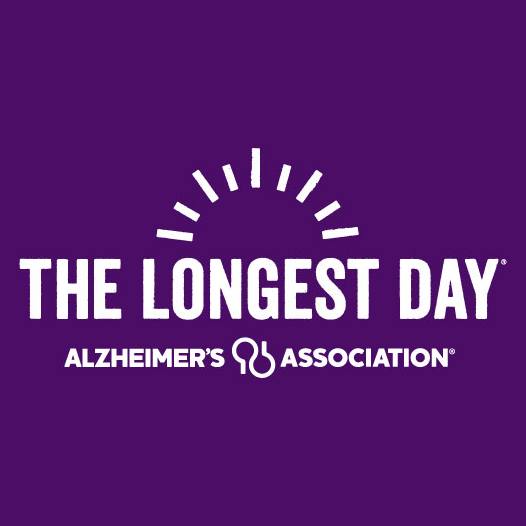
The summer solstice on June 21, 2023, marks the longest day of the year, when sunlight stretches its warm embrace over the world. While this day holds significance for all, it carries a unique weight for individuals and caregivers dealing with Alzheimer’s disease. At Cypress HomeCare Solutions (Cypress), we specialize in assisting families with loved one who have Alzheimer’s, teach families about the signs and symptoms and offer services to help loved ones with this debilitating disease.
Recognizing the early signs of Alzheimer’s disease is crucial for timely intervention and support. In the initial stages, Alzheimer’s can manifest in subtle ways, often causing confusion and concern among family members. Some common early signs include memory loss that disrupts daily life, difficulty with problem-solving or planning, challenges in completing familiar tasks, confusion with time or place, misplacing items and being unable to retrace steps, decreased or poor judgment, withdrawal from social activities, and changes in mood or personality. Family members may notice their loved ones becoming more forgetful, having trouble following conversations, or struggling to recall recent events. These early signs can be distressing, and it is important for family members to seek medical advice and support to facilitate a comprehensive evaluation and appropriate care for their loved ones.
These signs and symptoms certainly do not help someone with Alzheimer’s during the summer months either, when the sun sets later in the day than normal. It’s normal for those with Alzheimer’s to experience “sundowning,” a common phenomenon where Alzheimer’s patients experience increased confusion, agitation, and restlessness during the late afternoon and evening. The transition from daylight to darkness can trigger heightened symptoms, making the summer solstice particularly challenging for those with Alzheimer’s. Other symptoms of sundowning include:
- Agitation and restlessness
- Confusion and disorientation
- Anxiety and irritability
- Increased wandering or pacing
- Sleep disturbances
The summer solstice brings changes in daylight patterns, impacting the internal body clocks of Alzheimer’s patients. The extended daylight hours on June 21 can disrupt their circadian rhythm, exacerbating the symptoms of sundowning. Caregivers may experience increased difficulty in managing behaviors during this time, as the extended daytime can lead to prolonged periods of agitation and confusion for their loved ones.
Although Alzheimer’s Disease presents itself in various ways throughout the year, June serves as the official awareness month for Alzheimer’s. It’s crucial for individuals and communities to understand the signs, challenges, and available resources related to Alzheimer’s. Cypress is committed to supporting families dealing with Alzheimer’s by providing compassionate and professional assistance. Our experienced team offers personalized support for both clients and their families. From assistance with daily activities to providing respite care, Cypress HomeCare Solutions strives to enhance the quality of life for individuals with Alzheimer’s while offering much-needed support to their families.
When considering Alzheimer’s care, exploring Phoenix homecare agencies that focus on this specific condition can be highly beneficial. These agencies, like us at Cypress, often have specialized programs and trained professionals who understand the unique needs of Alzheimer’s patients. By leveraging their expertise and experience, these agencies can provide tailored care plans, ensuring the highest level of support for both patients and caregivers.
Together, we can work towards creating a more compassionate and understanding environment for those affected by Alzheimer’s.
